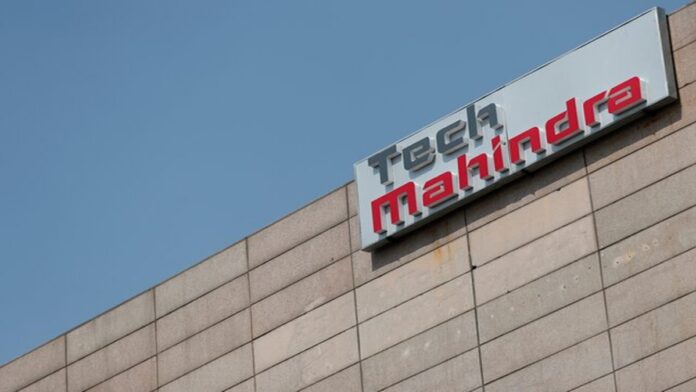Tech Mahindra is witnessing a sizable market in the Asia-Pacific region (APAC) including Japan, with a strong demand flow and a robust pipeline for new projects across various industries, including telecom, BFSI, retail, and manufacturing, Harshvendra Soin, President – Asia Pacific and Japan Business, Tech Mahindra, told FE.
“This (fiscal) year has been a tremendous growth for us. We see sizable opportunities in the market and see a demand flow which is robust,” Soin said. He further noted that the company’s project pipeline remains strong, giving confidence in continued growth in FY 2026.
ALSO READIndus Towers a key beneficiary of govt’s move on Vi: Analysts
In the quarter ended December, Tech Mahindra’s revenue from rest of the world grew by 1.3% sequentially
and 4.5% year-on-year, while revenue from the US and Europe declined.
Further, the increasing adoption of artificial intelligence (AI) is a major driver of demand in the region, with AI no longer being limited to proof-of-concept (PoC) projects but instead being actively deployed in real-world applications.
“What we see people talking about is more not PoC but real cases of deployment of AI, whether it’s an efficiency tool or cost-saving tool,” Soni said.
The IT firm has been implementing AI-infused cybersecurity solutions for telecom companies. “For example, in one of our telecom customers, we are using AI-infused cybersecurity. And it’s a unique experiment that we’re doing in a very large way with a customer,” Soin said.
He also cited an example in Indonesia, where the company launched Sahabat.AI, an AI-powered large language model (LLM) in partnership with Indosat, Nvidia, and the government. In Australia, Tech Mahindra has leveraged AI to improve efficiency in contact centres and enhance cybersecurity measures for telecom clients.
Beyond telecom, Tech Mahindra is seeing significant AI adoption in manufacturing, BFSI, and retail across APAC. The firm has a strong presence in Japan, where AI is being deployed extensively in manufacturing. The use of AI is also driving efficiency in business process outsourcing (BPO) sector.
Strengthening academic ties in New Zealand
Tech Mahindra recently signed a Memorandum of Understanding (MoU) with the University of Auckland to support AI and quantum computing internships. The partnership is aimed at talent development, localisation,
» Read More


